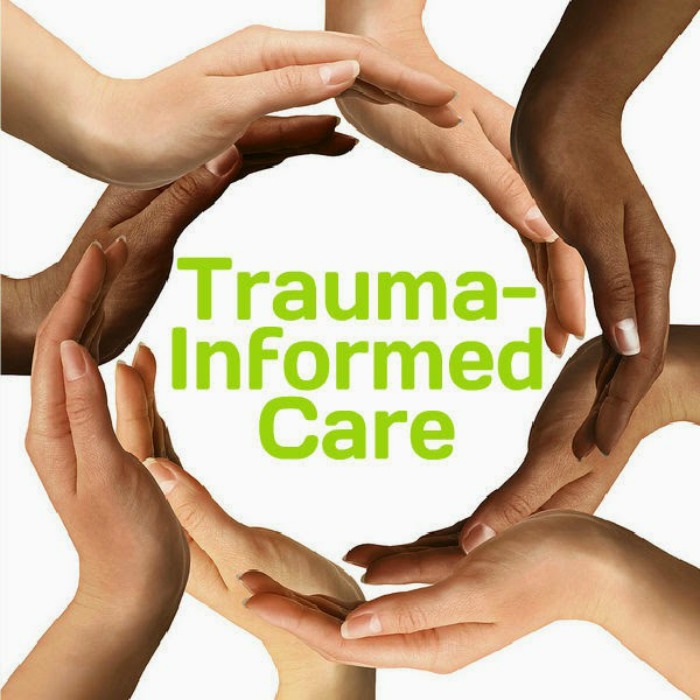Trauma Informed Care

Trauma is an experience that can have lasting effects on an individual’s mental and physical health. Trauma informed care is an approach to healthcare that recognizes the prevalence of trauma and its impact on individuals. It is a holistic approach that focuses on understanding the trauma an individual has experienced and providing care that is sensitive to their needs. In this article, we will explore the importance of trauma-informed care and how it can help individuals heal.
What is Trauma-Informed Care?
Trauma-informed care is an approach to healthcare that recognizes the impact of trauma on individuals. It is a holistic approach that takes into account the physical, emotional, and psychological effects of trauma. Trauma-informed care is not just about treating the symptoms of trauma but also about understanding the underlying causes and providing care that is sensitive to the needs of the individual.
The Importance of Trauma-Informed Care
Trauma can have a profound impact on an individual’s mental and physical health. It can lead to a range of issues, including anxiety, depression, substance abuse, and physical health problems. Trauma-informed care is important because it recognizes the prevalence of trauma and its impact on individuals. It provides a safe and supportive environment for individuals to heal and recover from their trauma.
How Trauma-Informed Care Helps Individuals Heal
Trauma-informed care helps individuals heal by providing a safe and supportive environment for them to process their trauma. It recognizes that healing from trauma is a process and that individuals need support throughout that process. Trauma care also focuses on building resilience in individuals so that they can better cope with future stressors.
Conclusion
In conclusion, trauma-informed care is an approach to healthcare that recognizes the impact of trauma on individuals. It is a holistic approach that takes into account the physical, emotional, and psychological effects of trauma. Trauma care is important because it provides a safe and supportive environment for individuals to heal and recover from their trauma. It helps individuals heal by providing support throughout the healing process and building resilience so that they can better cope with future stressors.





